I’ve been thinking a lot about the future of Bitcoin, and something that keeps coming up for me is whether Bitcoin is truly going to stay decentralized or if it's heading toward a more controlled and centralized structure. And when you consider the broader picture of human history, where powerful groups have always sought control over resources, systems, and power, it feels like Bitcoin may eventually fall into the same trap. Here’s why I think the situation is more complicated than it appears.
Humanity’s Desire for Control Over Everything
If we look back through history, one consistent theme is humanity's desire to control everything. Whether it’s land, resources, or even financial systems, governments, and powerful groups have always found ways to gain control. And why wouldn’t they? Control over key systems means control over society itself.
Throughout the ages, whether it’s monarchies, empires, or modern states, the pattern remains the same—those in power seek to solidify and extend their control over critical aspects of life, especially money. Historically, currencies have been created, controlled, and regulated by governments or powerful institutions because they understood that controlling the flow of money meant controlling the people.
Now, Bitcoin was originally designed as a solution to this—an open, decentralized currency that no one group could control. It was meant to give financial power back to individuals. But if we look at what's happening today, I think we might be kidding ourselves to think that this freedom will last indefinitely.
Bitcoin’s Increasing Centralization of Mining
In Bitcoin’s early days, mining was something that anyone with a computer could participate in. The system felt truly decentralized—anyone could download the software, start mining, and help maintain the network. But as the network has grown, so has its complexity. Mining has become significantly more difficult, and the resources required to successfully mine a single Bitcoin have skyrocketed.
Now, instead of individuals mining from their homes, large companies with specialized hardware (ASIC miners) dominate the space. These mining farms operate at a scale that individual miners simply can't compete with. This means that mining is becoming increasingly centralized in the hands of a few big players. And as this trend continues, the power and control over Bitcoin’s network are slowly consolidating into fewer and fewer hands.
So, while Bitcoin may be decentralized in theory, in practice it’s becoming more and more controlled by these large mining entities. And that’s where the problem starts.
Could Bitcoin Be Shut Down or Controlled in the Future?
Here’s where I’m really concerned: if mining continues to centralize, and if most of the hashing power is controlled by a few large entities or mining farms, it wouldn’t be impossible for governments or powerful groups to target these entities and shut them down—or even take control of them. Imagine a scenario where just a few major mining farms are responsible for maintaining Bitcoin’s entire network. If a government or another powerful group decided to intervene, it wouldn’t be that difficult to exert pressure on these centralized players to stop or change the network.
By targeting a handful of large mining farms, it could become possible to effectively cripple or control Bitcoin’s network. This undermines the very principle that Bitcoin was built on—decentralization. And it’s not just about stopping Bitcoin either—once control is in the hands of a few, it becomes far easier to manipulate the network for personal or governmental gain.
Is Bitcoin Really Immune to Control?
Bitcoin’s decentralized nature was supposed to protect it from this kind of interference. But as mining becomes more difficult and more centralized, the network’s vulnerability to control increases. The fact that you can’t easily mine Bitcoin on your home computer anymore, and that mining is now concentrated in the hands of a few large companies, makes Bitcoin much more susceptible to external control than we like to admit.
This leads me to question whether Bitcoin is really immune to the kind of control we see in traditional financial systems. If control over Bitcoin’s mining operations can be concentrated in the hands of a few, what’s to stop a powerful group from stepping in and exerting their influence over it?
The Inevitable Struggle Between Freedom and Control
Bitcoin was built to be a revolutionary currency—a system that was free from government interference and control. But just like with anything else in human history, when something grows powerful enough, those in power often find ways to control it. We see this pattern play out again and again. And while Bitcoin is revolutionary in its design, I’m beginning to feel like it’s not immune to this historical trend.
So, where does this leave us? I think we need to start asking some tough questions about the future of Bitcoin and other decentralized cryptocurrencies. Is Bitcoin destined to be just another financial system that becomes controlled by a few? Or will we be able to preserve its decentralized nature in the face of increasing centralization?
What do you all think? Are we heading toward a future where Bitcoin is just as susceptible to control as traditional financial systems? Can we really trust that Bitcoin will remain decentralized in the long run, or are we witnessing its gradual centralization already?
[link] [comments]

You can get bonuses upto $100 FREE BONUS when you:
💰 Install these recommended apps:
💲 SocialGood - 100% Crypto Back on Everyday Shopping
💲 xPortal - The DeFi For The Next Billion
💲 CryptoTab Browser - Lightweight, fast, and ready to mine!
💰 Register on these recommended exchanges:
🟡 Binance🟡 Bitfinex🟡 Bitmart🟡 Bittrex🟡 Bitget
🟡 CoinEx🟡 Crypto.com🟡 Gate.io🟡 Huobi🟡 Kucoin.
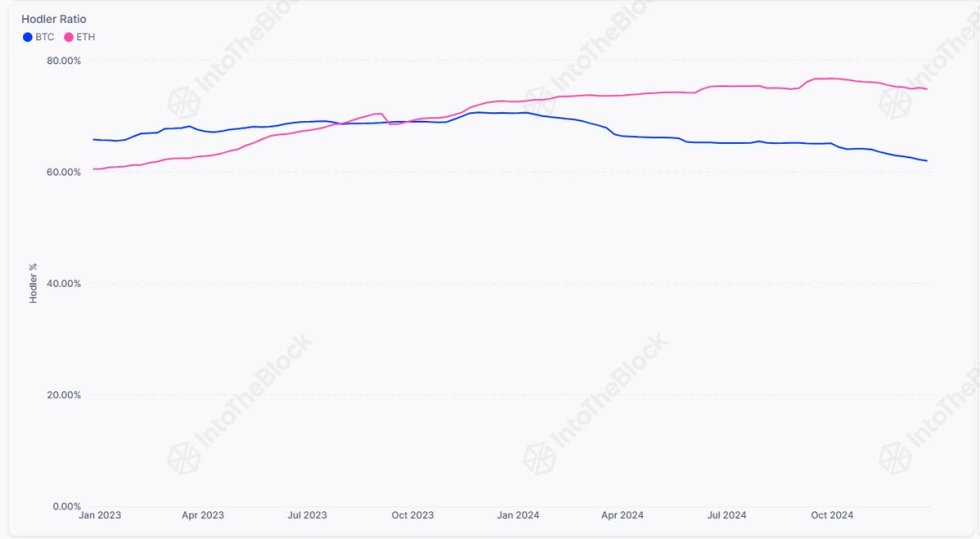




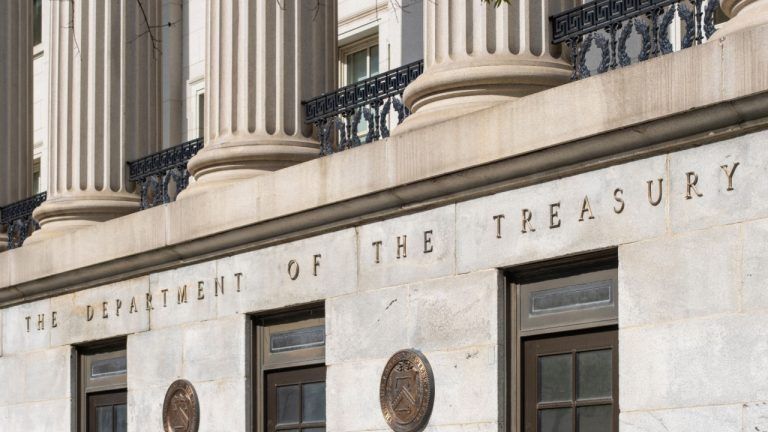

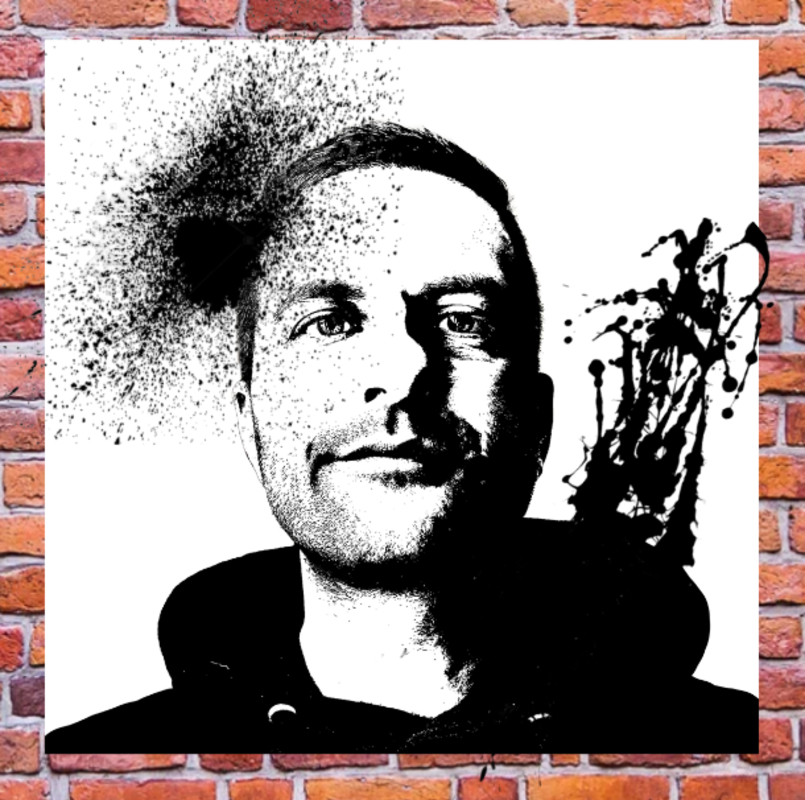

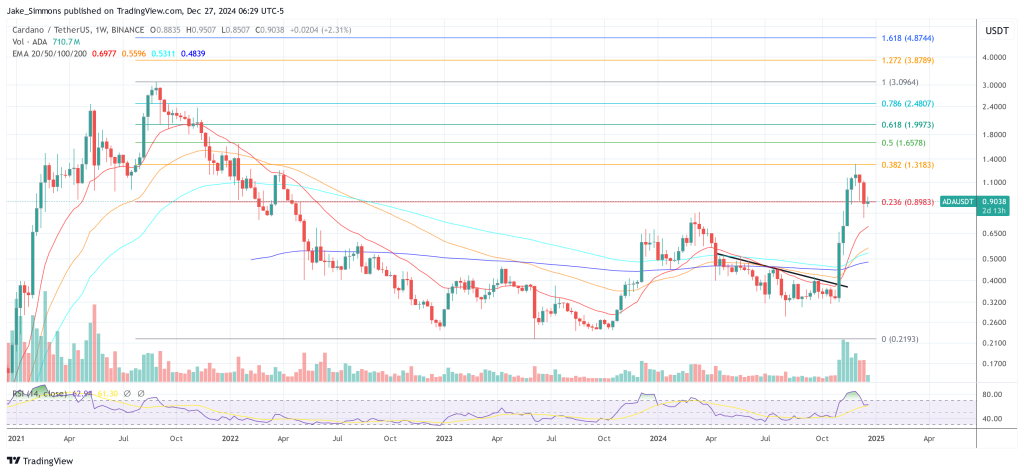


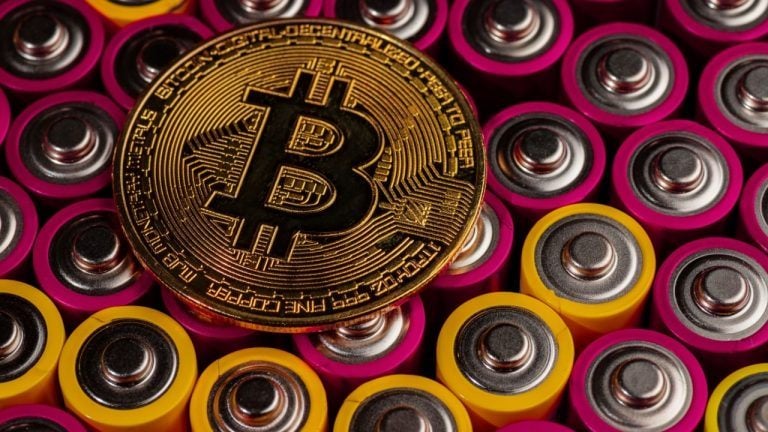







Comments